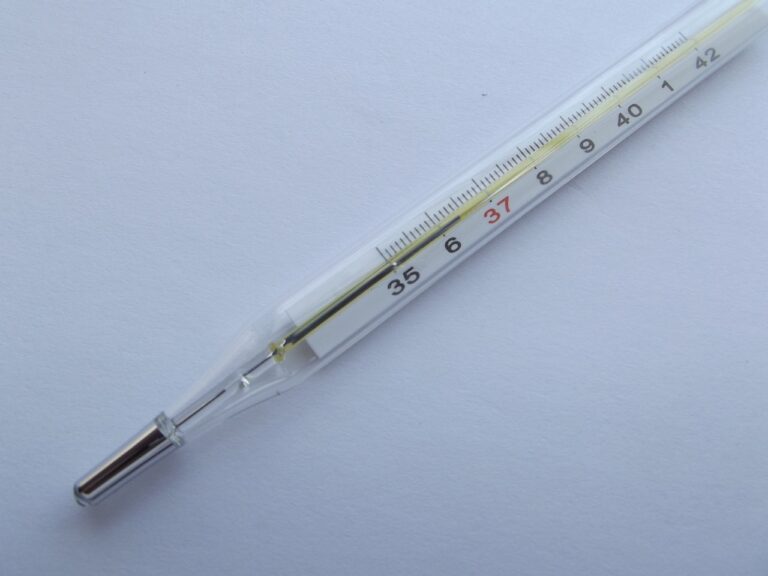The Role of Diet in Managing Kidney Disease
betbhai9, playexch in login, lotus 365.vip: Chronic kidney disease (CKD) is a common condition that affects millions of people worldwide. It is a progressive condition in which the kidneys are not able to function properly, leading to a buildup of waste products and fluids in the body. Managing kidney disease is vital to slowing down its progression and preventing complications such as kidney failure. One crucial aspect of managing kidney disease is through dietary modifications.
Understanding the role of diet in managing kidney disease is essential for individuals living with this condition. What you eat can have a significant impact on the health of your kidneys and overall well-being. In this article, we will explore the importance of diet in managing kidney disease and provide some helpful tips for making healthier food choices.
1. Limiting Sodium Intake
Sodium, commonly found in salt, can contribute to high blood pressure and fluid retention, both of which can be detrimental to kidney health. For individuals with kidney disease, it is essential to limit sodium intake to help control blood pressure and reduce the risk of further damage to the kidneys. Avoiding processed foods, canned soups, and fast food restaurants can help reduce sodium intake.
2. Monitoring Protein Intake
Protein is an essential nutrient for the body, but for individuals with kidney disease, it is important to monitor protein intake. Consuming too much protein can put excess strain on the kidneys, leading to further damage. Work with a dietitian to determine the right amount of protein for your individual needs, and consider incorporating plant-based sources of protein such as beans, lentils, and tofu.
3. Watching Potassium Levels
Potassium is a mineral that plays a crucial role in maintaining heart health and muscle function. However, for individuals with kidney disease, high levels of potassium in the blood can be dangerous. Foods high in potassium include bananas, oranges, tomatoes, and potatoes. To manage potassium levels, limit intake of these foods and consider cooking methods that can reduce potassium content, such as boiling or soaking.
4. Controlling Phosphorus Intake
Phosphorus is another mineral that can be problematic for individuals with kidney disease. High levels of phosphorus in the blood can weaken bones and contribute to heart disease. To control phosphorus intake, limit consumption of dairy products, processed foods, and carbonated drinks. Choosing fresh fruits and vegetables over processed foods can also help reduce phosphorus intake.
5. Staying Hydrated
Staying hydrated is essential for kidney health. Water helps flush out waste products and toxins from the body, reducing the burden on the kidneys. Aim to drink plenty of water throughout the day, and limit intake of sugary beverages and caffeinated drinks, which can be dehydrating. If you have kidney disease, it is important to consult with your healthcare provider to determine the right amount of fluid intake for your individual needs.
6. Avoiding Alcohol and Tobacco
Alcohol and tobacco can be harmful to kidney health and can exacerbate the progression of kidney disease. Alcohol can raise blood pressure and interfere with the effectiveness of medications, while tobacco can damage blood vessels and reduce blood flow to the kidneys. If you have kidney disease, it is important to avoid alcohol and tobacco to protect your kidney health.
In conclusion, the role of diet in managing kidney disease cannot be overstated. Making healthier food choices can help slow down the progression of kidney disease, reduce complications, and improve overall quality of life. By following the tips outlined in this article and working closely with your healthcare team, you can take control of your kidney health and lead a healthier lifestyle.
—
**FAQs**
Q: Can I still enjoy my favorite foods with kidney disease?
A: It is possible to enjoy your favorite foods in moderation with kidney disease. Work with a dietitian to determine portion sizes and make healthier substitutions when needed.
Q: Can supplements help manage kidney disease?
A: Some supplements may be beneficial for individuals with kidney disease, but it is important to consult with your healthcare provider before taking any supplements to ensure they are safe and effective.
Q: How often should I get my kidney function tested?
A: It is recommended to have your kidney function tested regularly, at least once a year or as directed by your healthcare provider. Monitoring kidney function can help detect changes early and guide treatment decisions.
Q: Are there any specific diets recommended for kidney disease?
A: There are several diets that may be recommended for individuals with kidney disease, such as the DASH diet or a low-protein diet. Work with your healthcare team to determine the best diet plan for your individual needs.







